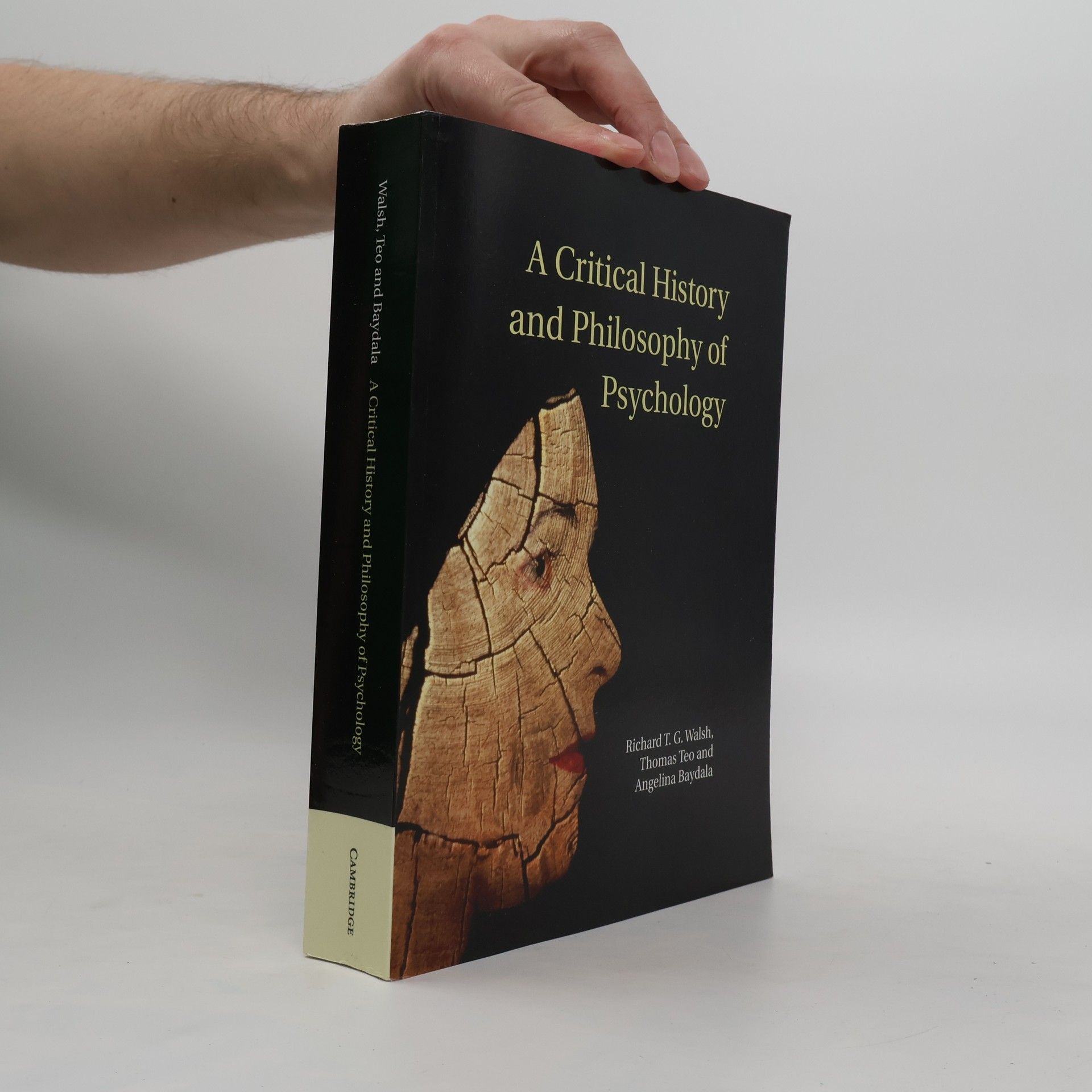Rowohlts Enzyklopädie: Psychologie und Rassismus
- 313 Seiten
- 11 Lesestunden
Renommierte Hochschullehrer, überwiegend Psychologen, äußern sich in dieser Aufsatzsammlung zum Verhältnis von Psychologie und Rassismus. Gezeigt wird, wie die Psychologie Rassismus mitgetragen hat, z.B. durch die Unterstützung des deutschen Kolonialismus oder des Nationalsozialismus. Vorgestellt werden psychologisch relevante Ansätze zur Analyse des Rassismus sowie Untersuchungen über die Auswirkungen von Rassismus auf das Denken, Fühlen und Handeln von Betroffenen. Abschließend Aufsätze zu den Möglichkeiten und Grenzen psychologischer Theorien, Methoden und Techniken zur Überwindung von Rassismus. Eine informationsreiche, vielschichtige und weiterführende, aber nicht immer leichte Lektüre. - Für ein akademisches Publikum. (3) (Reinhold Heckmann)


